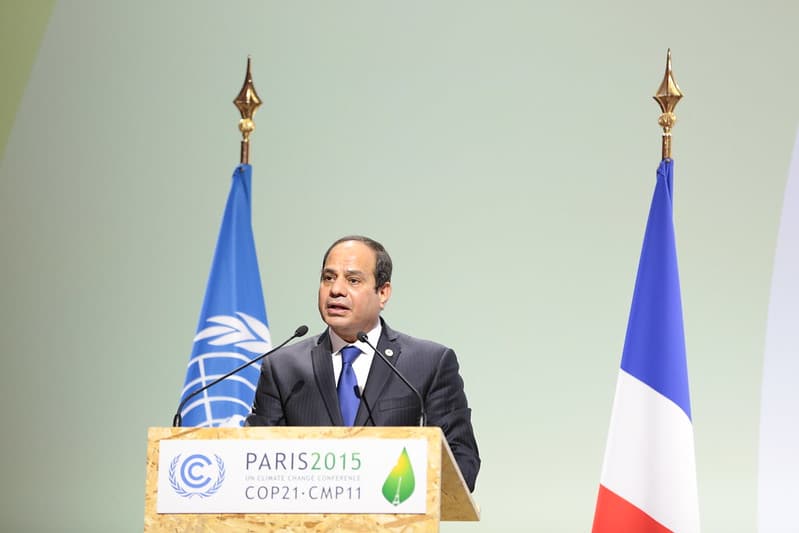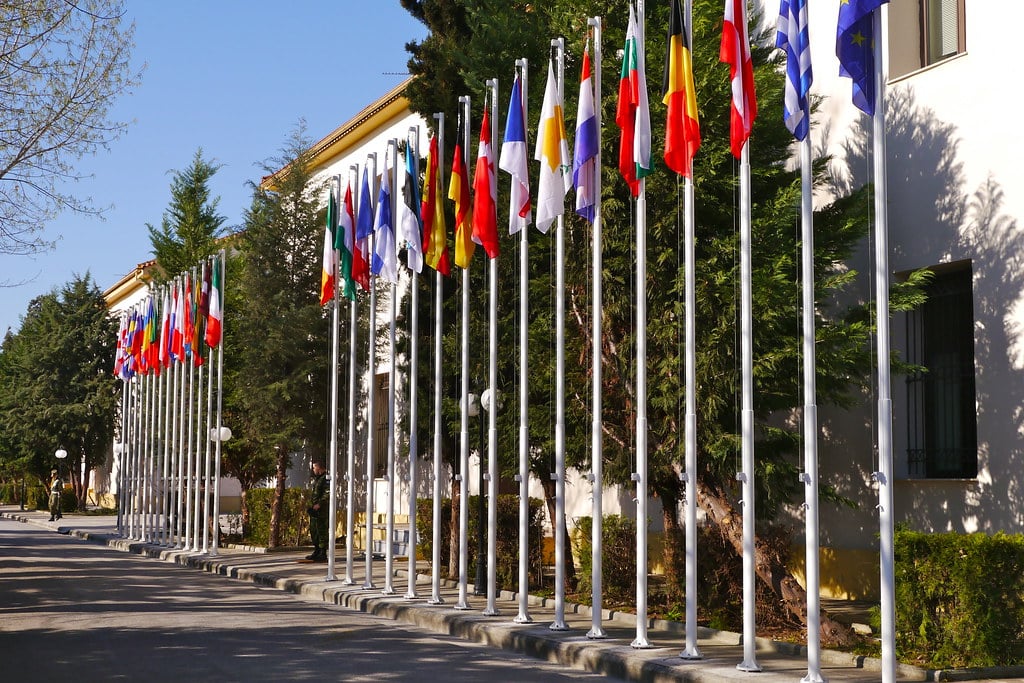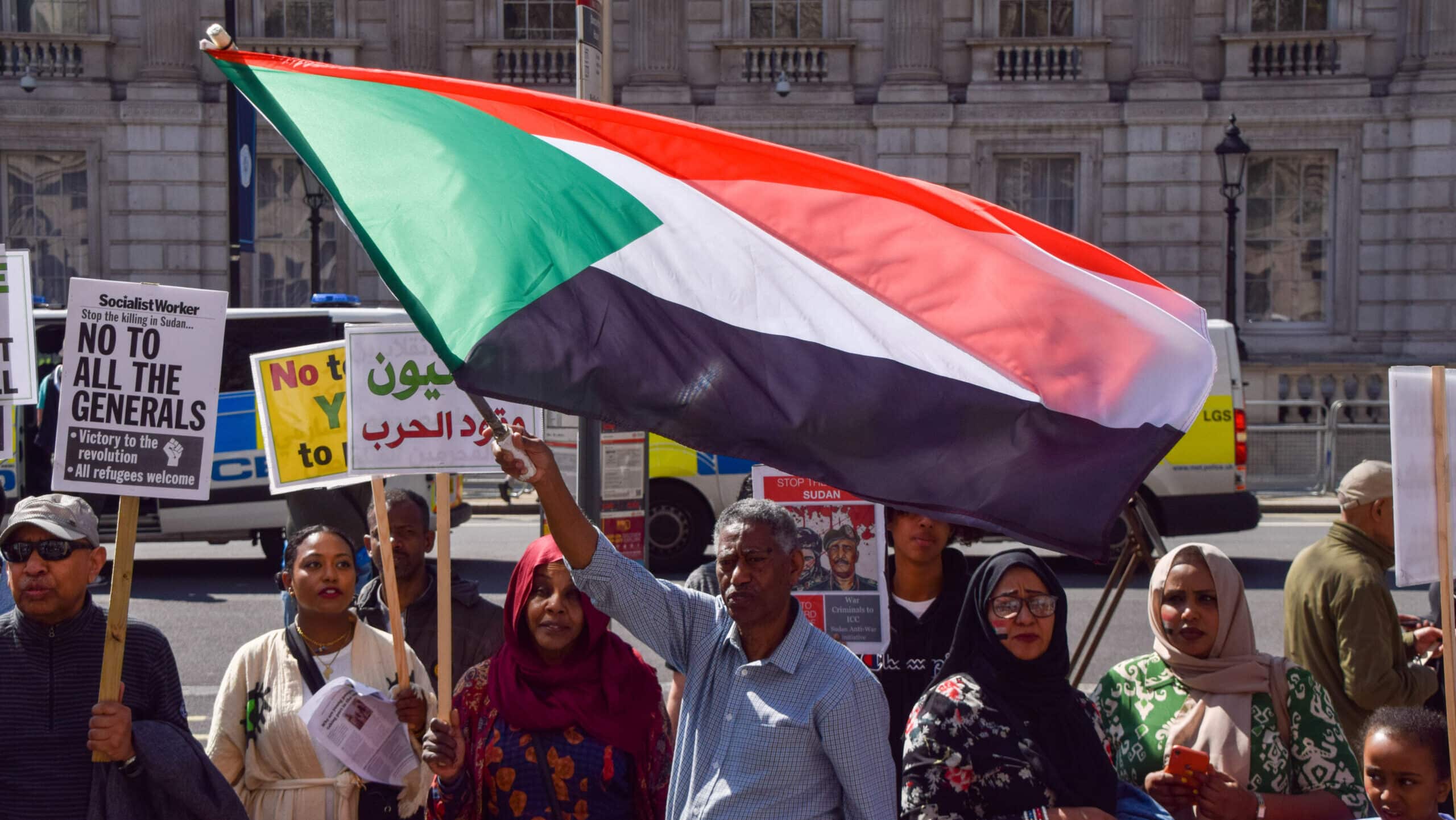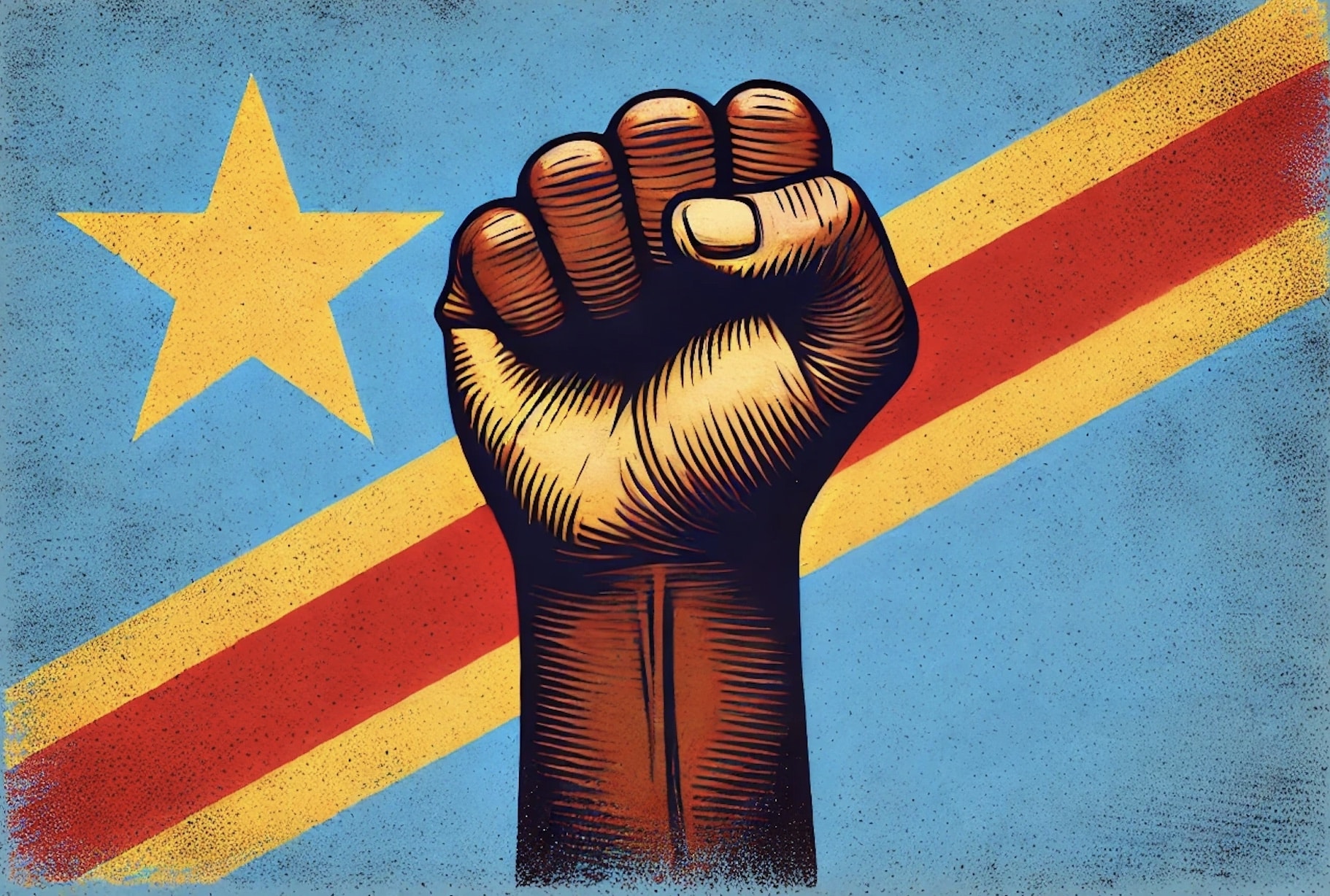Al-Sisi at COP21 in Paris in 2015 (source: Flickr)
Next Sunday, politicians, policymakers, activists and journalists from around the world will travel to the Egyptian coastal town of Sharm el-Sheikh for COP27. This year, for the first time since 2016, the international climate summit will take place in a (North) African city. The location is hopeful that climate priorities for the Global South, so often underexposed in the climate debate, will have a more prominent focus this year. Yet the question is whether these hopes will not prove in vain. There are several snags in choosing Egypt as the host country of COP27.
Unfree
Egyptian President Abdel Fatah al-Sisi's regime is notorious for its heavy-handed repression of political opposition, strict curbs on freedom of expression and human rights violations. In its latest report, Freedom House labelled the country "unfree" in terms of both political rights and civil liberties. Recently, Reporters Without Borders ranked the country 168 out of 180 ranked countries, based on press freedom. That is just above North Korea, but lower than countries such as Qatar, Russia, Saudi Arabia and Belarus. In Egypt, activists, journalists and politicians who contradict al-Sisi's political line face persecution, including on climate issues.
President al-Sisi gained the presidency through a 2013 power coup against then democratically elected president Mohamed Morsi. Since his coup, al-Sisi has effectively dismantled the freedoms gained from the Egyptian Revolution. Under the former army chief's authoritarian rule, many believe freedom of expression is in even worse shape than under his autocratic predecessor Hosni Mubarak. Meanwhile, Egypt has at least 60,000 political prisoners. The space for civil society has also shrunk considerably, due to both soft and harsh repression. This repression takes the form of laws and regulations, as well as persecution and imprisonment.
Democratic frame
Despite his repressive style of rule, al-Sisi likes to provide his regime with a democratic frame to validate his legitimacy; a strategy popular among many a dictator. Although al-Sisi tramples on human rights, he prefers to present his dictatorship as a free democracy that upholds human rights. Thus, al-Sisi organises sham elections and referendums and offers limited space to opposition and activists, as long as they stay within his prescribed frameworks. This democratic facade gives al-Sisi's rule a certain legitimacy, both at home and abroad.
"Favourite dictator"
Al-Sisi's democratic façade relies in part on Western willingness to keep the dictator in power. Egypt has received $1.3 billion in military aid from the United States almost every year since the early 1980s (Donald Trump reportedly called al-Sisi his "favourite dictator"). Germany, France, Italy and the UK have signed major arms deals with Egypt in recent years, placing it among the top three largest arms importers in the world. In addition, the West supports Egypt's mounting debts to the International Monetary Fund, the World Bank and the European Bank for Reconstruction and Development, even though Egypt does not comply with the conditions set, such as transparency, human rights protection and anti-corruption.
Western support for al-Sisi stems from the belief that Egypt is simply "too big to fail". The West is fearful of more extremism, civil war, and consequent increases in migration in the region. Al-Sisi may be a dictator, but he is a stable dictator. Moreover, Egypt supplies gas, which the European Union so desperately needs since Russia's invasion of Ukraine. This summer, the EU struck a deal with the country, with president Ursula von der Leyen describing Egypt as a "reliable partner". Human rights appear to be secondary to the reliability and stability offered by al-Sisi.
COP27 as propaganda
It is hard not to see COP27 as an extension of this questionable relationship between the West and al-Sisi. Moreover, the climate conference is a godsend for al-Sisi to boost Egypt's image as he envisions it: Egypt as a free democracy, as a modern country, as an international player, as an ally of the West. The danger is that organising COP27 in Egypt endorses al-Sisi's democratic façade. The democratic symbolism of the climate conference - in the form of panels, protests, and votes - may inadvertently make al-Sisi's false frame seem more credible.
This is worrying. Because Egypt under al-Sisi is not a democracy that respects human rights treaties. On the contrary. It is a dictatorship where politicians, activists and journalists have to fear for their lives. It is paradoxical to organise the world's most important climate conference in a country where freedom of expression is under so much pressure. After all, the fight against climate change relies on the efforts of free activists, politicians and journalists. In al-Sisi's Egypt, it is precisely these professions that have to suffer the most.
Solidarity
To prevent COP27 from serving al-Sisi's propaganda - and thereby undermining climate justice more than promoting it - it is crucial that Western activists, politicians and journalists attending COP27 show solidarity with their Egyptian counterparts. It is essential that they are aware of local climate activists who are not present at COP27 and whose voices are not heard due to repression. And that they speak out against al-Sisi's human rights violations whenever and wherever they can - knowing that, as Western visitors to COP27, they are exempt from the persecution that their Egyptian colleagues do have to fear. Their own climate activism also benefits from this solidarity. After all, repression is a poor breeding ground for the long-term struggle for climate justice.
Sources: FMS, France24, Freedom House, Human Rights Watch, The Intercept, Reporters Without Borders
Image: Flickr





